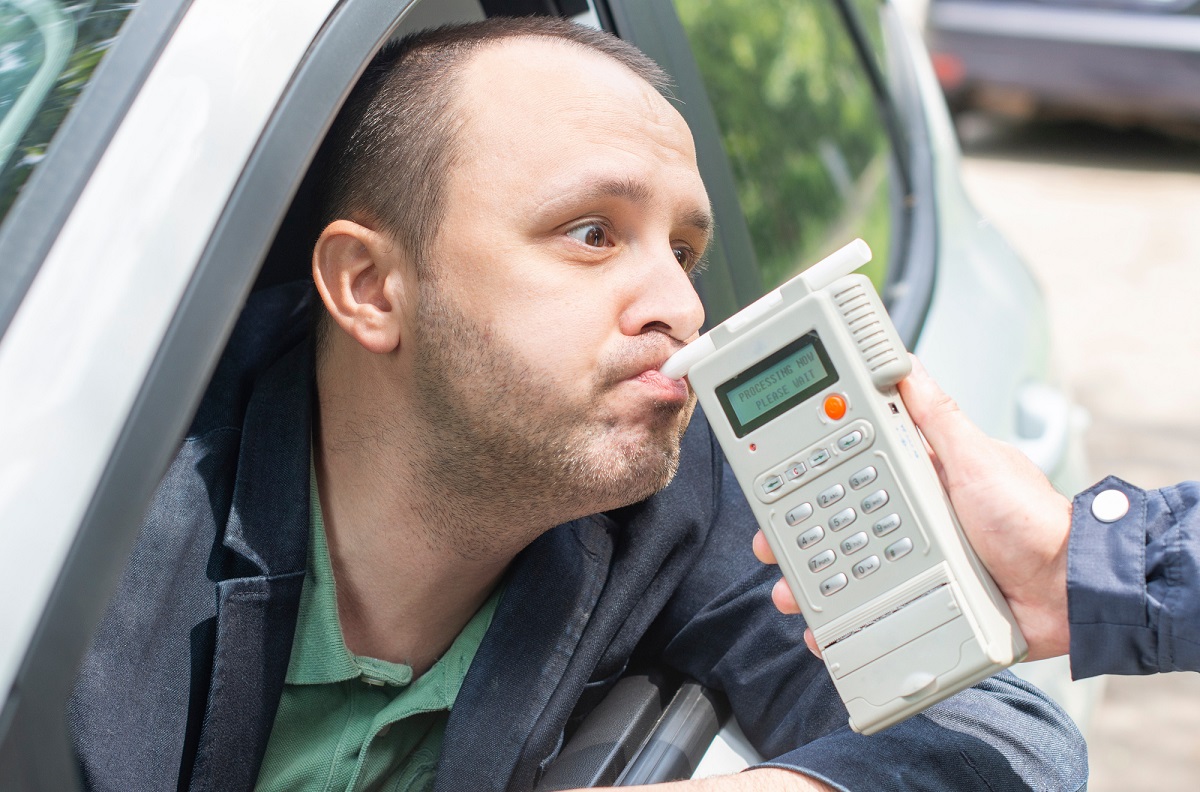Contents of this Post
ToggleDriving while impaired (DWI) charge happens when a driver operates a vehicle while intoxicated with a substance that can impair their driving ability. If a police officer suspects you’re driving while intoxicated, they can detain and question you, search for evidence, and arrest you.
A DWI arrest has five conviction levels, each with different consequences. For instance, a level 5 DWI carries a minor penalty, even though the consequences can still be severe.
But did you know some rights protect you in a DWI arrest? Knowing your rights will prevent you from complying with everything law enforcement officers ask you to do. It may also influence the outcome of your case. More importantly, you need to be aware of when your rights are being violated.

Here are some of the important DWI arrest rights you should know:
The Right To Remain Silent
When arrested for DWI, even though you may feel intimidated by traffic officers to talk, you have the right to remain silent. The officers may try to engage you in small talk so that you may incriminate yourself. You, however, don’t have to answer any questions or admit anything because the fifth amendment protects you from self-incrimination.
For instance, the officers will ask questions like where you came from, what you were doing, and if you were drinking. Legally, you’re not obligated to answer such questions. Any information you offer willingly, whether unsolicited or as answers to officers’ questions, may be used against you in a trial.
The officer, however, has the right to essential information, including your name, driver’s license, vehicle registration number, and proof of insurance.
The Right To An Attorney
Every arrested person has the right to legal representation under the sixth amendment. The state will provide a public defender if you don’t have the means to hire an attorney.
The services of an experienced criminal defense attorney are invaluable in a DWI case. You have the right to consult your attorney, whose presence you may request during interrogation. Your attorney will guide and shield you from giving incriminating information.
A skilled attorney will fight for your pre-trial release and appeal to reinstate your suspended driving license or restricted privileges. They’ll negotiate a good deal on your behalf, which may involve preventing a full trial or having the charges dropped.
If a full trial is necessary, your attorney will help you gather the required evidence, put up a strong defense on your behalf, and plead for lesser charges.
The Right To Protection From Unreasonable Search Or Seizures
The fourth amendment protects every individual from unreasonable searches and seizures. This means that an officer can only search you and your car and seize any evidence if they have a warrant or probable cause. The only exceptions are if there is glaring evidence, like an open alcohol bottle in plain sight.
You’re not required to agree to your vehicle’s full search. Any evidence found due to unreasonable search without your consent, probable cause, or a warrant will be disallowed in court.
But in some states, DWI sobriety checkpoints are permitted as long as they operate according to the set guidelines.
The Right To Refuse The Breath And Blood Tests
Besides the field sobriety tests the police officers may have subjected you to before your DWI arrest, you may be asked to submit to a breath or blood test to establish your blood alcohol content.
An officer is required to hand you a copy of a statutory warning and read it to you as you follow. The document requests that you willingly consent to provide a blood or breath sample for testing. It, however, also has consequences, such as your license being suspended if you refuse.
Apart from your right to see and have the document read to you, you have the right to refuse to give the requested samples. If the samples are asked for without the statutory form being provided and read to you, any samples tested and used in the trial will be suppressed.
While breath and blood testing are done by the police to gather evidence against you, their systems can be flawed and give faulty results. This is the reason many refuse to provide the samples voluntarily.
However, an officer may use a legally obtained warrant to compel you to provide the samples.
Conclusion
When faced with a DWI arrest, don’t argue with the police officer. Remember that the less you speak, the better for you. Wait for your lawyer to come and examine the evidence forwarded to establish the validity of your arrest. You have the right to challenge your arrest if you feel that your rights have been violated. Your lawyer will represent your legal interests and protect your rights.

